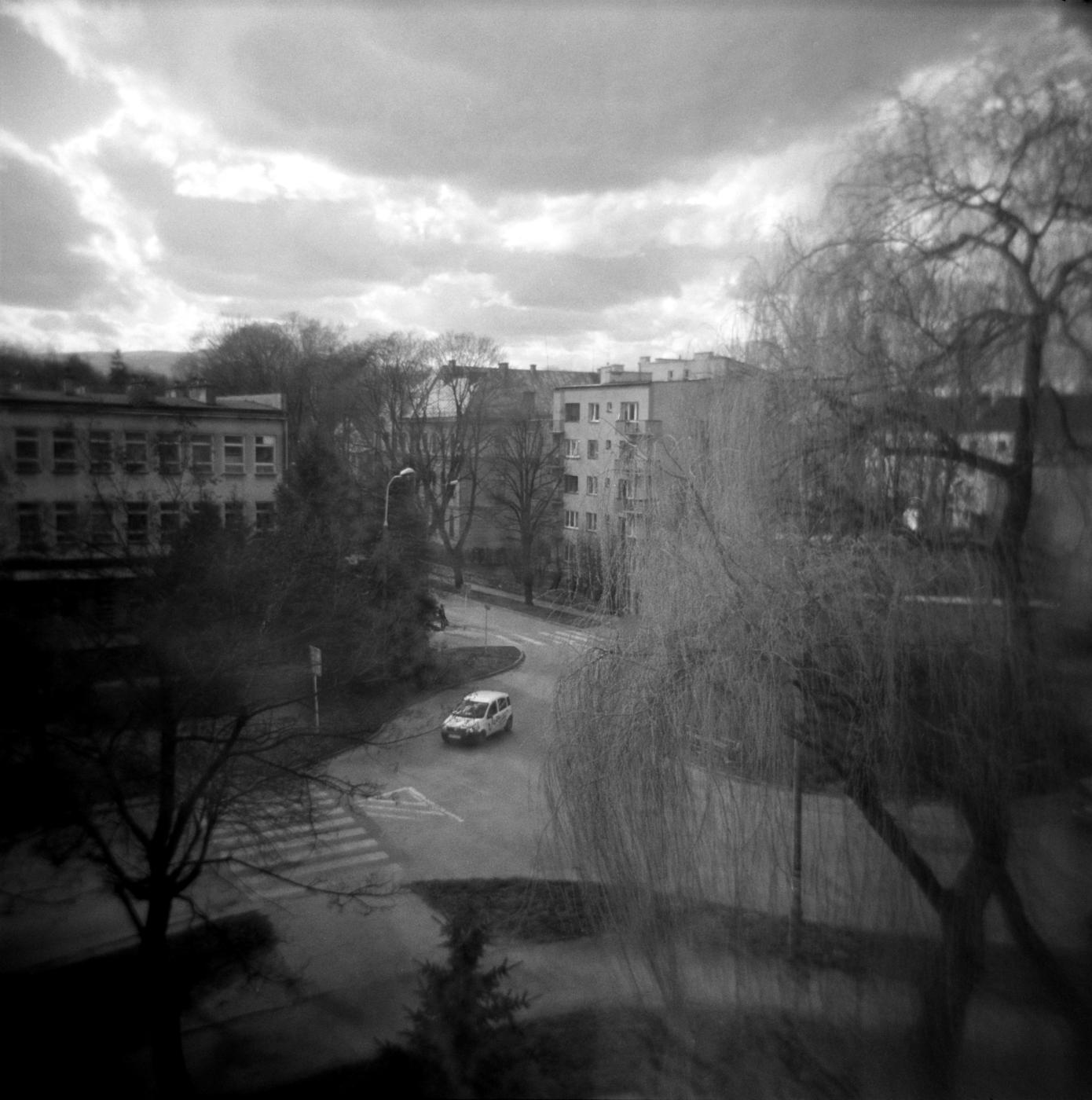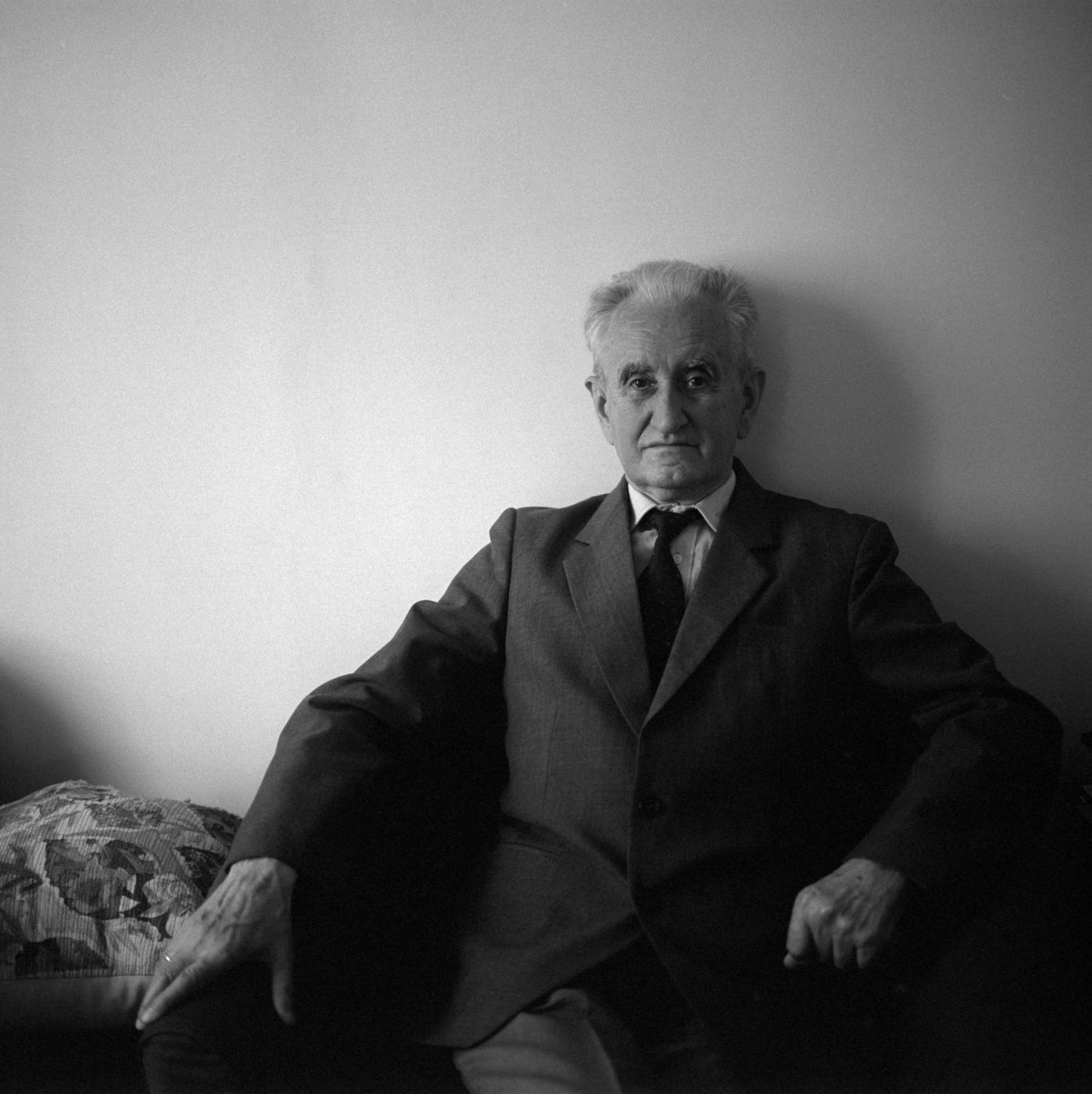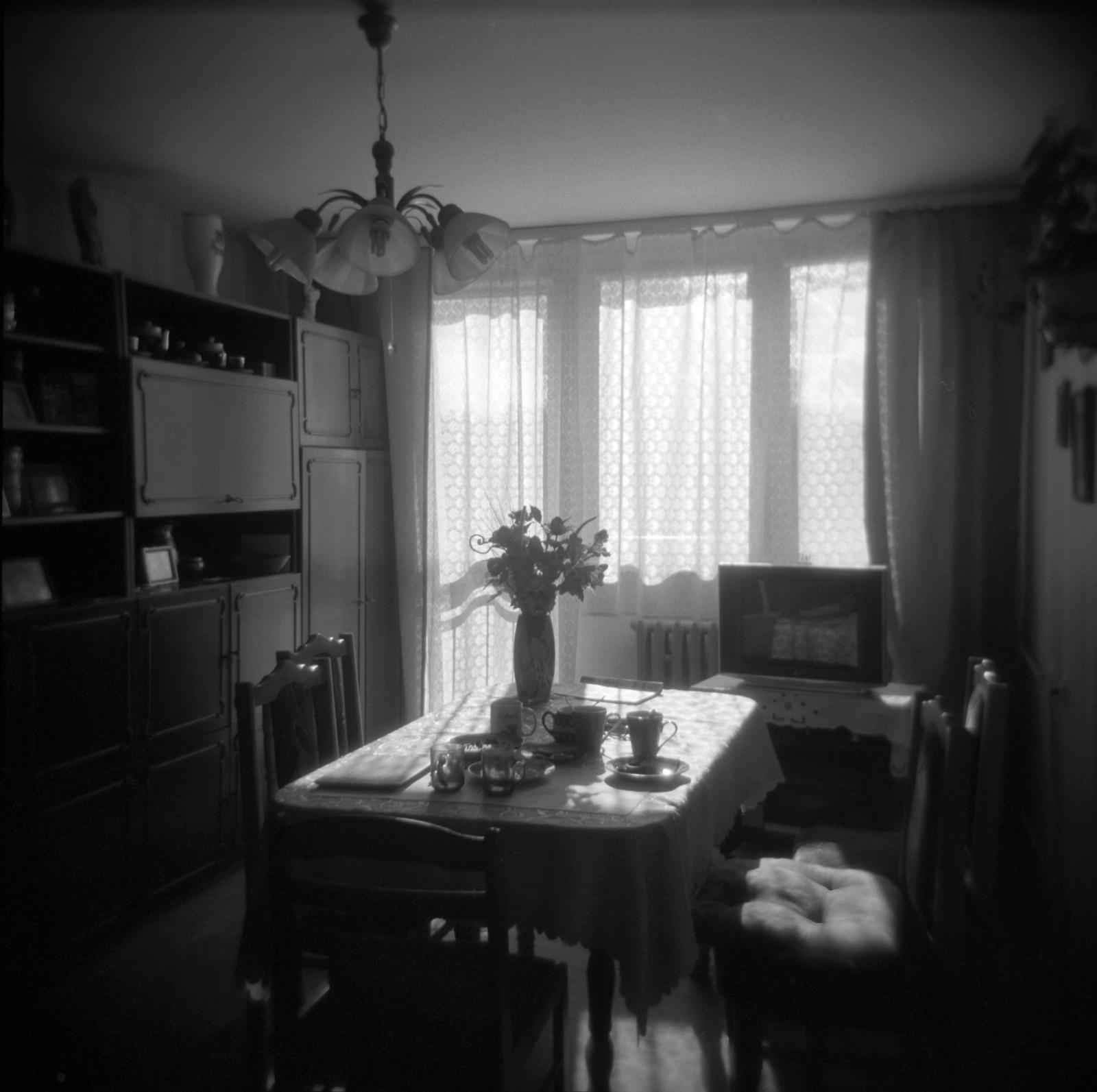Public Project
Polonia
Poland was wiped off the map for 123 years –from 1795 until the end of the First World War. During World War II, they had the highest per capita death toll of any nation. Between 5 and 6 million people were killed. There’s no family in Poland that is unaffected by this. After the war, the country was doomed to 40 years of communism. Poles know what it means to live under a foreign occupation. Their history is dotted with risings against foreign powers and brave but vain defenses against superior odds.
The ultra conservative Law and Justice party, which swept into power in 2015, built its campaign on populist and patriotic themes, placing as much importance on shaping memories of the past as building for the future. Poland’s tragic history, along with the need to overcome centuries of occupation and stand up to outsiders, is an important part of the PiS appeal.
Since their rise to power, the climate has been tense and the nation is increasingly divided politically. The government antidemocratic drift causes concern: purge of public media, army, and public function, limitation of civic rights, reform of the education system and rewriting of history books, measures intended to exert more control of the judiciary, anti migrant and anti European policies.
The country sees a deep and widening political divide between rural areas and small towns, who largely support the governing Law and Justice party, and larger cities and intellectual elites, who mostly oppose the government.
The country is facing its transformation into an authoritarian regime and has to worry about its democratic future, in a climate where official speeches incite violence and dehumanization.
I have been photographing in Poland for the past 10 years. My work has always been about people and everyday life. We live in a world overwhelmed with dramatic images, and sometimes it feels like this escalating sensationalism is making us insensitive to others. Events that are happening far from us feel like an abstraction. We can only feel empathy and connect with people when we hear their stories, when we see faces and their everyday lives. Everybody has a story we can relate to. Everywhere people fall in love, raise their children.
Poland owes its independence to the Poles resilience and their relentless efforts. In the intimacy of people’s homes, through the eyes of these families, we can feel what it is like to live in Poland these days.
13,312









































